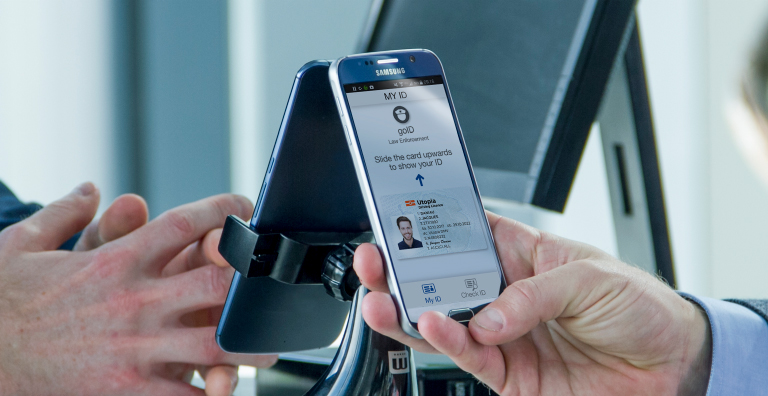Digital Drivers License & Standard Creation
With the imminent publication of ISO18013-5 mobile driver’s license standard and the ongoing development of ISO23220 and the ICAO DTC (digital travel credential) initiative, I thought it would be interesting to reflect on how these standards are created. As someone who has actively participated in the process of forming all three of these digital standards, here are my thoughts on the major reasons for wide participation in standards groups.
Innovation
A standard must stand the test of time, often under pressure from rapidly advancing technologies. Participation from a widespread section of technology providers helps to ensure that the standard is written in such a way that it anticipates future advancements. In doing so, it ensures that the standard and the process it governs does not quickly become obsolete, superseded by a new technology or incapable of adapting to new user expectations
Openness/Interoperability
Having a wide participation in the formation and editing of the standards ensures that proprietary products and processes are excluded from being included in the specifications. The more diverse the participation in the standards working group, the greater the likelihood of an open and transparent final standard.
User Friendliness
It seems odd to state this, but the standard must take into consideration how it affects the process that it governs and the stakeholders in that process. Participation by a wide spectrum of those stakeholders ensures that all points of view are heard, and that user requirements are understood. A good example of this is when the most technologically advanced or secure process might need to be compromised in order to deliver something that is convenient to implement.
Clarity
A standard needs to be clear in what it is trying to achieve and how it achieves that purpose. Clarity is paramount, as this purpose will define the benchmark for products or solutions for many years to come. Therefore, participation by stakeholders from different disciplines, backgrounds, countries, languages and cultures is important to ensure that the standard is very well crafted with its provisions obvious to any reader. Sometimes what is apparent to one individual is indecipherable to another — particularly if the standard being developed is of a highly technical nature.
Personally, I hope that my participation in the working groups, authoring and editing on these upcoming standards has helped to deliver standards that will provide clear technical guidance, while ensuring the best user experience for each of the stakeholders. While it can be hard work in both the negotiation and documentation of these standards, the whole industry eventually benefits. It is also rewarding individually, as you get to meet many intelligent, impressive and inspirational people while learning much about your craft and your industry.
Look out for ISO18013-5 and think about the years of work that has gone into the document by a wide range of friends, colleagues, competitors and industry experts.
Read more about our mobile identity solution >>
As Senior Product Marketing Manager, Fabrice is responsible for all topics surrounding the digitalization of citizen identity as well as mobile ID security. When he is not advising customers on how to roll out their digital identity programs, he regularly contributes to the development of international standards in several working groups dedicated to mobile identity and security such as ISO.
